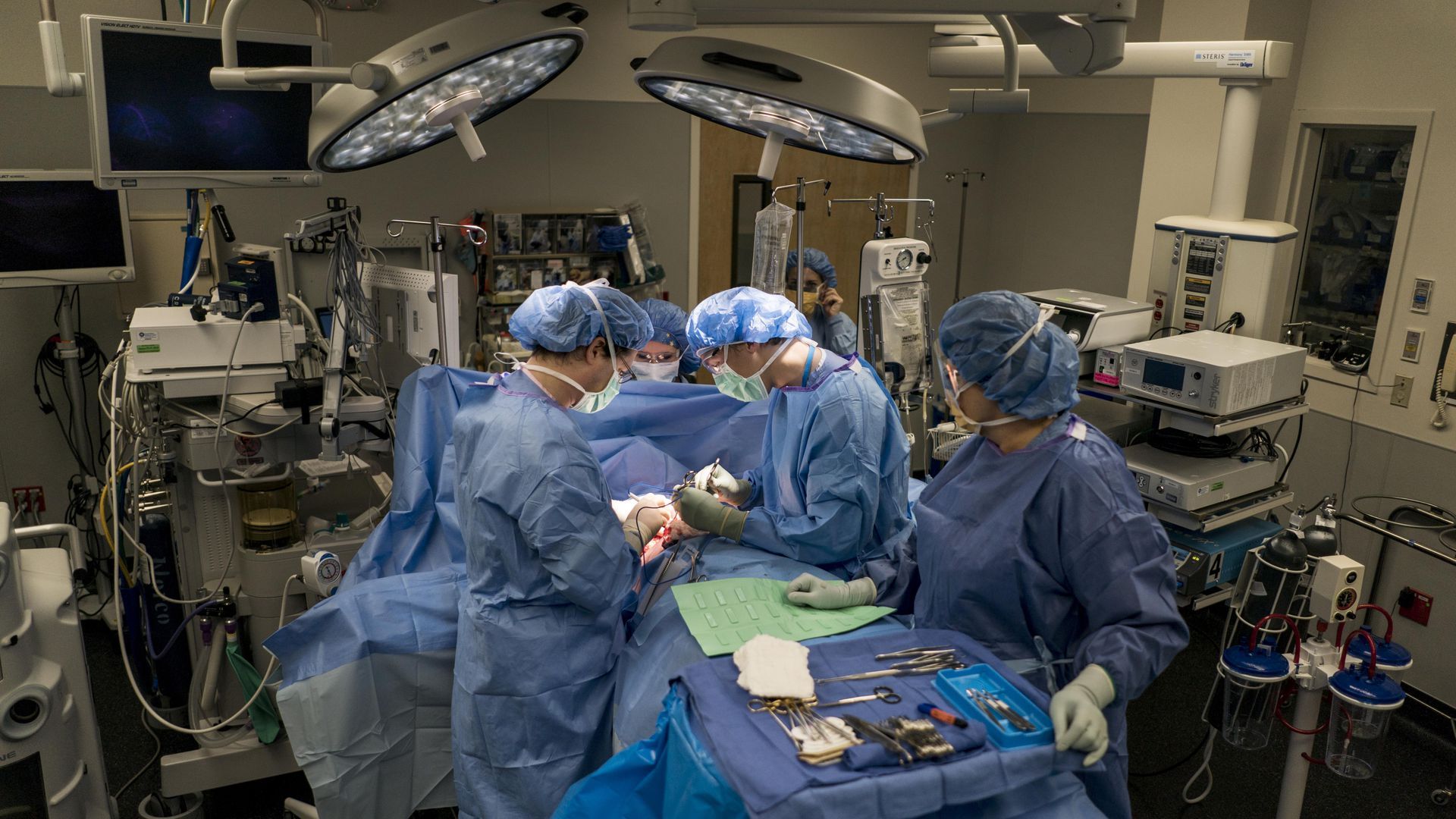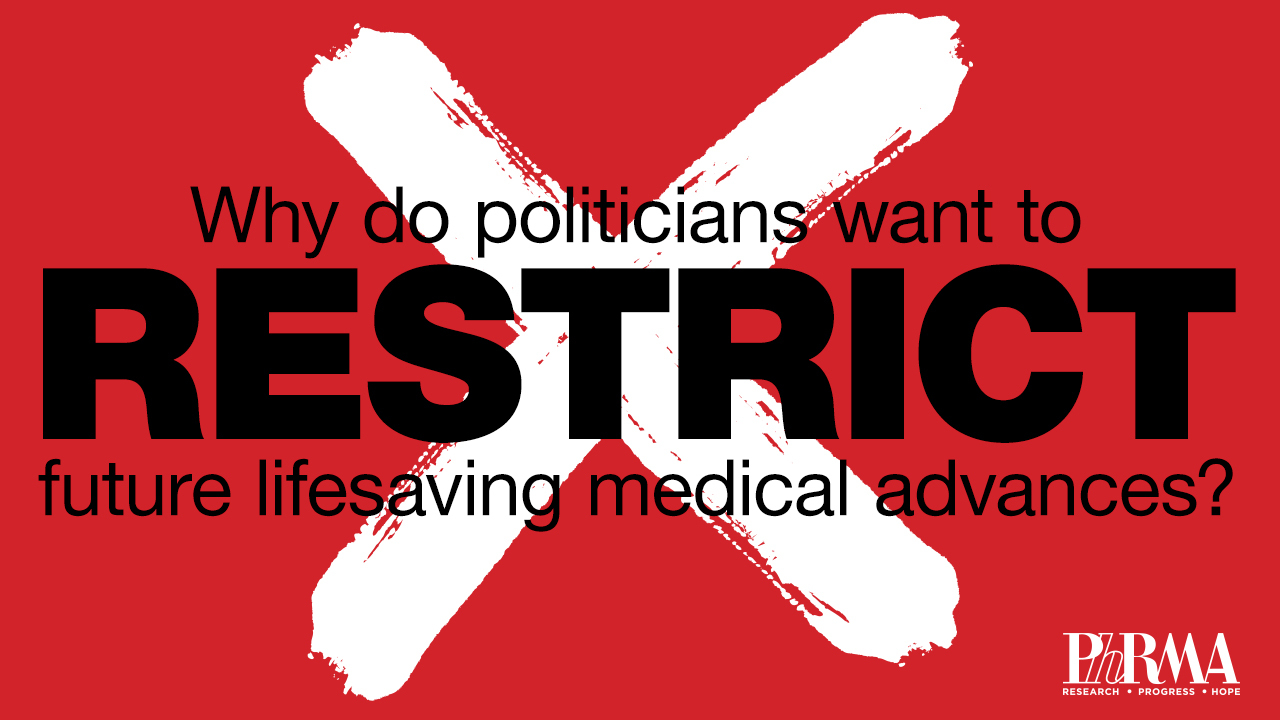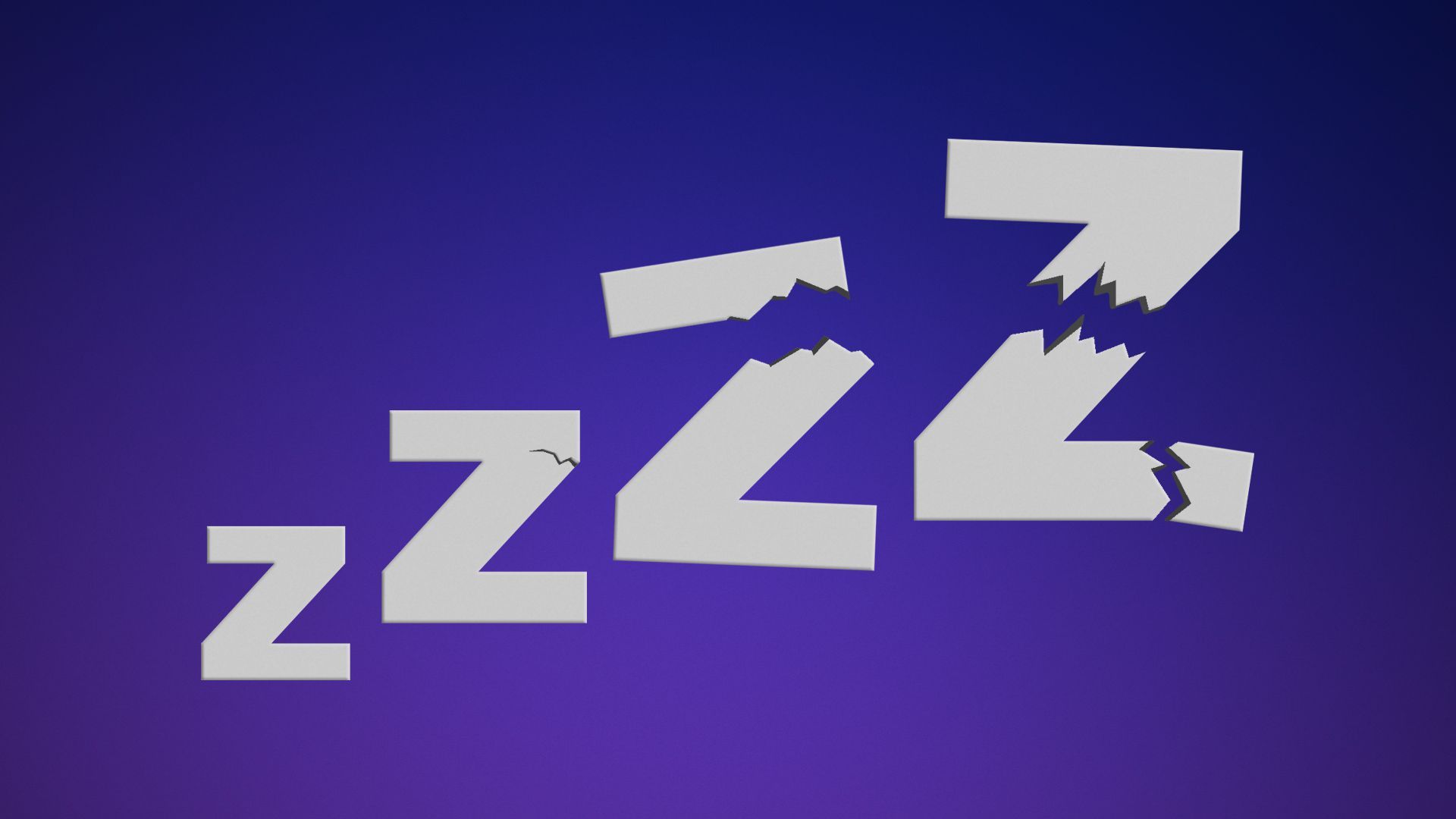| |
| |
| |
| Presented By PhRMA |
| |
| Axios Vitals |
| By Tina Reed ·Nov 29, 2021 |
| Good morning, Vitals readers. Today's newsletter is 861 words, or a 3-minute read. On tap this week: An FDA advisory committee will meet Tuesday to discuss Merck and Ridgeback Biotherapeutics' antiviral pill to treat COVID-19. |
| |
| |
| 1 big thing: Omicron spotlights need to vaccinate the world |
 |
|
| Illustration: Sarah Grillo/Axios |
| |
| The emergence of the Omicron variant is bringing new urgency to global vaccination efforts. Why it matters: New variants can emerge anywhere, and can spread everywhere. Getting doses to the developing world — and getting those doses into people's arms — is essential, and that effort has so far been lagging. What they're saying: "We will only prevent variants from emerging if we are able to protect all of the world's population, not just the wealthy parts. The world needs to work together to ensure equitable access to vaccines, now," said Seth Berkley, CEO of the Gavi vaccine alliance. But, but, but: Some countries — including South Africa, where scientists first identified the omicron variant — have enough doses, but are facing distribution challenges, said Scott Gottlieb, who was FDA commissioner under the Trump administration and is on Pfizer's board. - "South Africa has told J&J and Pfizer — the two countries that are distributing vaccine there — to throttle shipments or stop shipments because they have an excess of vaccines," Gottlieb said on CBS News' "Face the Nation." "Of the 30 million doses Pfizer sent to South Africa, only 19 million have been used to date."
What to watch: Health officials across the globe are still racing to figure out whether the Omicron variant makes people sicker, whether it is more transmissible than prior COVID strains, and whether it evades protection from the vaccines. - Anthony Fauci, the director of the National Institute of Allergy and Infectious Diseases, told ABC's George Stephanopoulos on "This Week" that U.S. officials will meet with colleagues from South Africa to try to determine the severity of the cases caused by the variant.
Related: The next big bottleneck in the global vaccination effort |
    |
| |
| |
| 2. Push to revive medical device rule |
 |
|
| Photo: Melina Mara/The Washington Post via Getty Images |
| |
| A bipartisan group of 61 House members chided the Biden administration for repealing a rule that would have required Medicare to pay for any medical device deemed as a "breakthrough" by the FDA, Axios' Bob Herman writes. The big picture: Medical device manufacturers really wanted the rule enacted, in part, because it would have led to higher sales. - Now many members of Congress who receive sizable campaign donations from the industry want the federal government to revive the rule.
What they're saying: The agency said that although the FDA reviews breakthrough devices for safety and effectiveness, "there is often limited evidence regarding whether the device is clinically beneficial to Medicare patients." - But the 61 House Democrats and Republicans said in a letter that CMS' decision to ax the rule "may delay future innovative medical devices and diagnostic tools," and the agency should "retain the crucial components" in a future rule.
Read the rest. |
    |
| |
| |
| 3. Patient possibly cured of Type 1 diabetes |
 |
|
| Photo illustration: Pavlo Gonchar/SOPA Images/LightRocket via Getty Images |
| |
| An Ohio man appears to have been cured of his Type 1 diabetes after participating in an early-stage clinical trial of a stem cell treatment by Vertex Pharmaceuticals, the New York Times reports. Why it matters: If ultimately successful, the development could offer hope to millions of Americans who suffer the life-altering symptoms of the disease. - In June, Brian Shelton, 64, got an infusion of cells grown from stem cells that mimicked the insulin-producing pancreas cells his body lacked.
- "We've been looking for something like this to happen literally for decades," said Irl Hirsch, a diabetes expert at the University of Washington who was not involved in the research, per the New York Times.
But, but, but: The results are still early and have not yet been published in a peer-reviewed journal. Experts say they want to see the study replicated, see if there are unanticipated adverse events and if the treatment will last a lifetime, per the New York Times. |
    |
| |
| |
| A message from PhRMA |
| The hyper-partisan drug pricing plan may be detrimental to patients |
| |
 |
| |
| It's government price setting that does little to address patient affordability and will decimate the US competitive ecosystem that has brought hope to so many Americans in the form of new medical advances. This plan could result in negative consequences for the patients with the most need. |
| |
| |
| 4. Head to bed around 10 pm, science says |
 |
|
| Illustration: Megan Robinson/Axios |
| |
| Going to sleep between 10pm and 11pm is associated with a lower risk of developing heart disease compared to earlier or later bedtimes, Axios' Asher Price writes about a new study in European Heart Journal — Digital Health. Why it matters: While scientists have investigated the link between sleep duration and cardiovascular disease, the relationship between sleep timing and heart disease is largely under-explored. How they did it: U.K. researchers tracked nearly 90,000 people between their early 40s and early 70s for sleep time, lifestyle habits and physical ability. - Compared to sleep onset from 10 to 11pm, there was a 25% higher risk of cardiovascular disease with a sleep onset at midnight or later, a 12% greater risk for 11 p.m. to midnight, and a 24% increased risk for falling asleep before 10 p.m.
The bottom line: The results "suggest that early or late bedtimes may be more likely to disrupt the body clock, with adverse consequences for cardiovascular health," study author David Plans of the University of Exeter said. - Yes, but: The key matter is not what time you go to bed, but that your habits are consistent, Stanley Wang, medical director at the sleep disorder center at the Heart Hospital of Austin, told the American-Statesman.
Share this story. |
    |
| |
| |
| 5. While you were weekending |
 |
|
| Illustration: Aïda Amer/Axios |
| |
- A flood of COVID patients causes "almost unmanageable" strain in Michigan as cases rise nationwide. (Washington Post)
- Prices for food and gas are rising sharply. Is health care next? (Vox)
- Kaiser patients report canceled procedures, long phone waits amid California strike. (Sacramento Bee)
- Why more Americans are going childless. (Axios)
|
    |
| |
| |
| A message from PhRMA |
| The hyper-partisan drug pricing plan may be detrimental to patients |
| |
 |
| |
| It's government price setting that does little to address patient affordability and will decimate the US competitive ecosystem that has brought hope to so many Americans in the form of new medical advances. This plan could result in negative consequences for the patients with the most need. |
| |
| 📫 Did someone forward this email to you? Here's how to subscribe. |
 | | It'll help you deliver employee communications more effectively. | | |
Post a Comment
0Comments